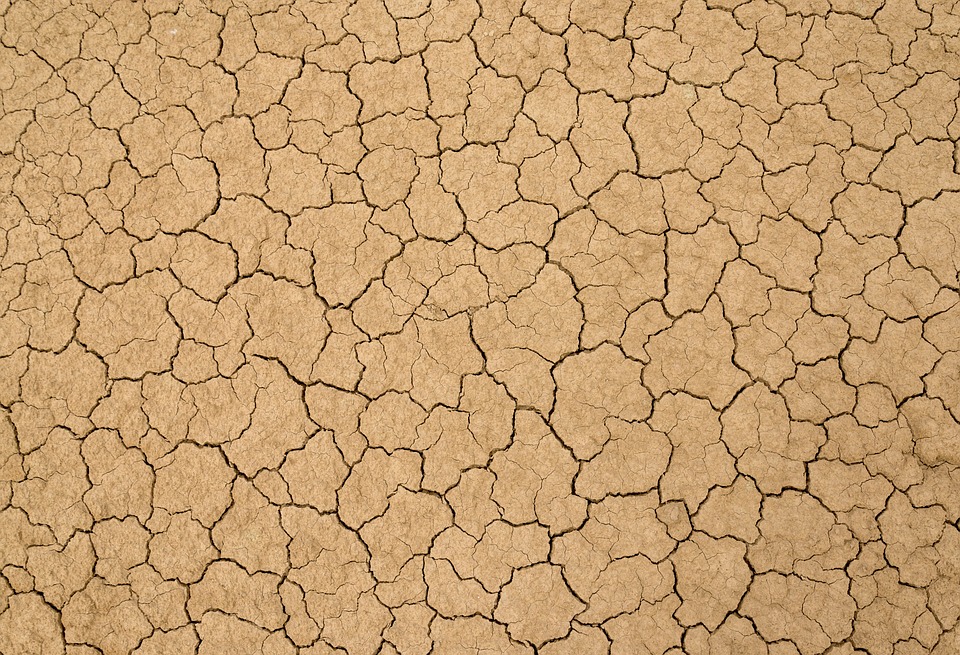Introduction
Soil is the foundation of life on Earth, supporting plants and providing vital resources for our survival.
The Importance of Soil Care
Healthy soil is fundamental for food production, water filtration, carbon sequestration, and biodiversity conservation.
Understanding Soil Composition
Soil is a complex mixture of minerals, organic matter, water, air, and living organisms.
Principles of Soil Care
Several principles guide sustainable soil care practices:
- Conservation: Implementing erosion control measures, such as terracing and contour plowing, to prevent soil loss.
- Organic matter management: Maintaining and enhancing the organic content through practices like crop rotation, cover cropping, and composting.
- Mineral balance: Balancing soil nutrients through judicious use of fertilizers, incorporating organic amendments, and avoiding overapplication.
- Water management: Implementing efficient irrigation systems and enhancing water retention through soil moisture conservation techniques.
- Biodiversity promotion: Encouraging diverse plant species and beneficial soil organisms to enhance ecosystem resilience and natural pest control.
Soil Conservation Techniques
Soil conservation techniques aim to prevent erosion, retain moisture, and improve soil structure.
- Contour plowing: Plowing along the contour lines, preventing water runoff and soil erosion downhill.
- Terracing: Creating terraces on sloping land to reduce the speed of runoff and soil erosion.
- Cover cropping: Planting cover crops during fallow periods to protect soil from erosion, increase organic matter, and fix nitrogen.
- No-till farming: Minimizing or eliminating mechanical soil disturbance, reducing erosion and preserving soil structure.
Advances in Soil Science
Continual research in soil science has led to significant advancements in understanding soil processes and developing innovative solutions.
- Soil microbiology: Exploring the role of microorganisms in soil health, nutrient cycling, and plant-microbe interactions.
- Soil remediation: Developing techniques to restore contaminated soils through physical, chemical, and biological methods.
- Soil sensing technologies: Utilizing remote sensing, geospatial analysis, and soil sensors to monitor soil health and guide precision agriculture.
- Urban soil management: Addressing the unique challenges of soil care in urban environments and promoting green infrastructure.
The Future of Soil Care
As the global population continues to rise, the importance of sustainable soil care practices becomes increasingly critical.
FAQs
What is soil erosion?
Soil erosion refers to the detachment, transportation, and deposition of soil particles due to various factors such as water and wind.
How can I improve my garden soil?
To improve garden soil, you can incorporate organic matter, such as compost or well-rotted manure, adjust pH levels if needed, and implement appropriate watering and drainage practices.
What is the role of earthworms in soil care?
Earthworms are beneficial for soil care as they aerate the soil, enhance nutrient cycling, improve soil structure, and contribute to organic matter decomposition.
How often should I test my soil?
It is recommended to test your soil every 2 to 3 years, or whenever there are noticeable changes in plant health, to ensure proper nutrient management.




